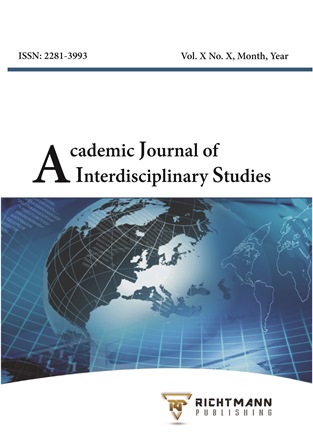Digital Public Administration and Inclusive Governance at the South African Local Government, in Depth Analysis of E-Government and Service Delivery in Musina Local Municipality
DOI:
https://doi.org/10.36941/ajis-2022-0154Keywords:
Community, Citizen participation, E- government, Service delivery, 4IR, Digital public administrationAbstract
This empirical paper seeks to address the challenges related to digital public administration and e governance at the South African Local government during the time of Covid 19 pandemic which affected the global village. The world is moving from manual way of doing things to technological ways of delivering services which is digital public administration. However, in the process of implementing digital public administration, there are consequences which the society at large is likely to experience more especially the poor people in the rural villages of South Africa. Digital transformation of public administrations is a way of trying to fasten the service delivery, and make the services cheaper and better, and save time. E-government improves efficiency and increases user-friendliness and accessibility. It also helps promote ethical practices and reduce the risks of corruption in the public sector. Effective e government is so critical in public administration today because majority of the people are using technology to access some of the services, although the poor are still struggling.
Received: 12 January 2022 / Accepted: 10 October 2022 / Published: 5 November 2022
Downloads
Downloads
Published
Issue
Section
License

This work is licensed under a Creative Commons Attribution-NonCommercial 4.0 International License.
This work is licensed under a Creative Commons Attribution-NonCommercial 4.0 International License.








